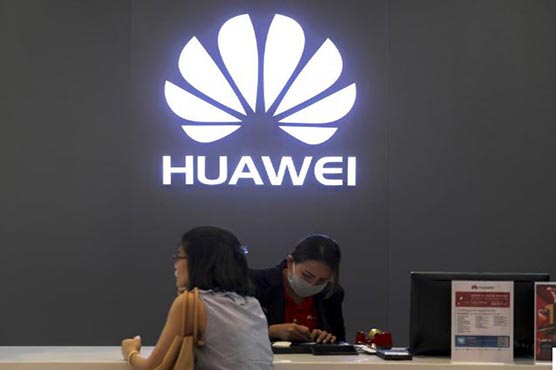New Zealand will conduct own assessment of Huawei equipment risk: PM

Huawei faces intense scrutiny in the West over its relationship with the Chinese government.
WELLINGTON (Reuters) - New Zealand will independently assess the risk of using China’s Huawei Technologies in 5G networks, Prime Minister Jacinda Ardern said on Monday after a report suggested that British precautions could be used by other nations.
Huawei, the world’s biggest producer of telecoms equipment, faces intense scrutiny in the West over its relationship with the Chinese government and U.S.-led allegations that its equipment could be used by Beijing for spying.
No evidence has been produced publicly and the firm has repeatedly denied the allegations, which have led several Western countries to restrict Huawei’s access to their markets.
The Financial Times reported on Sunday that the British government had decided it can mitigate the risks arising from the use of Huawei equipment in 5G networks. It said Britain’s conclusion would “carry great weight” with European leaders and other nations could use similar precautions.
New Zealand’s intelligence agency in November rejected an initial request from telecommunications services provider Spark to use 5G equipment provided by Huawei.
At the time, the Government Communications Security Bureau (GCSB) gave Spark options to mitigate national security concerns over the use of Huawei equipment, Ardern said on Monday.
“The ball is now in their court,” she told a weekly news conference.
Ardern said New Zealand, which is a member of the Five Eyes intelligence sharing network that includes the United Kingdom and the United States, would conduct its own assessment.
“I would expect the GCSB to apply with our legislation and our own security assessments. It is fair to say Five Eyes, of course, share information but we make our own independent decisions,” she said.
Huawei New Zealand did not immediately respond to a request for comment. Spark said it was in discussions with GCSB officials.
“We are working through what possible mitigations we might be able to provide to address the concerns raised by the GCSB and have not yet made any decision on whether or when we should submit a revised proposal to GCSB,” Spark spokesman Andrew Pirie said in an emailed statement.
The Huawei decision, along with the government’s tougher stance on China’s growing influence in the Pacific, has some politicians and foreign policy analysts worried about potential strained ties with a key trading partner.
Ardern’s planned first visit to Beijing has faced scheduling issues, and China last week postponed a major tourism campaign in New Zealand days before its launch.
Ardern said her government’s relationship with China was strong despite some complex issues.
“Visits are not a measure of the health of a relationship they are only one small part of it,” she said, adding that trade and tourism ties remained strong.

